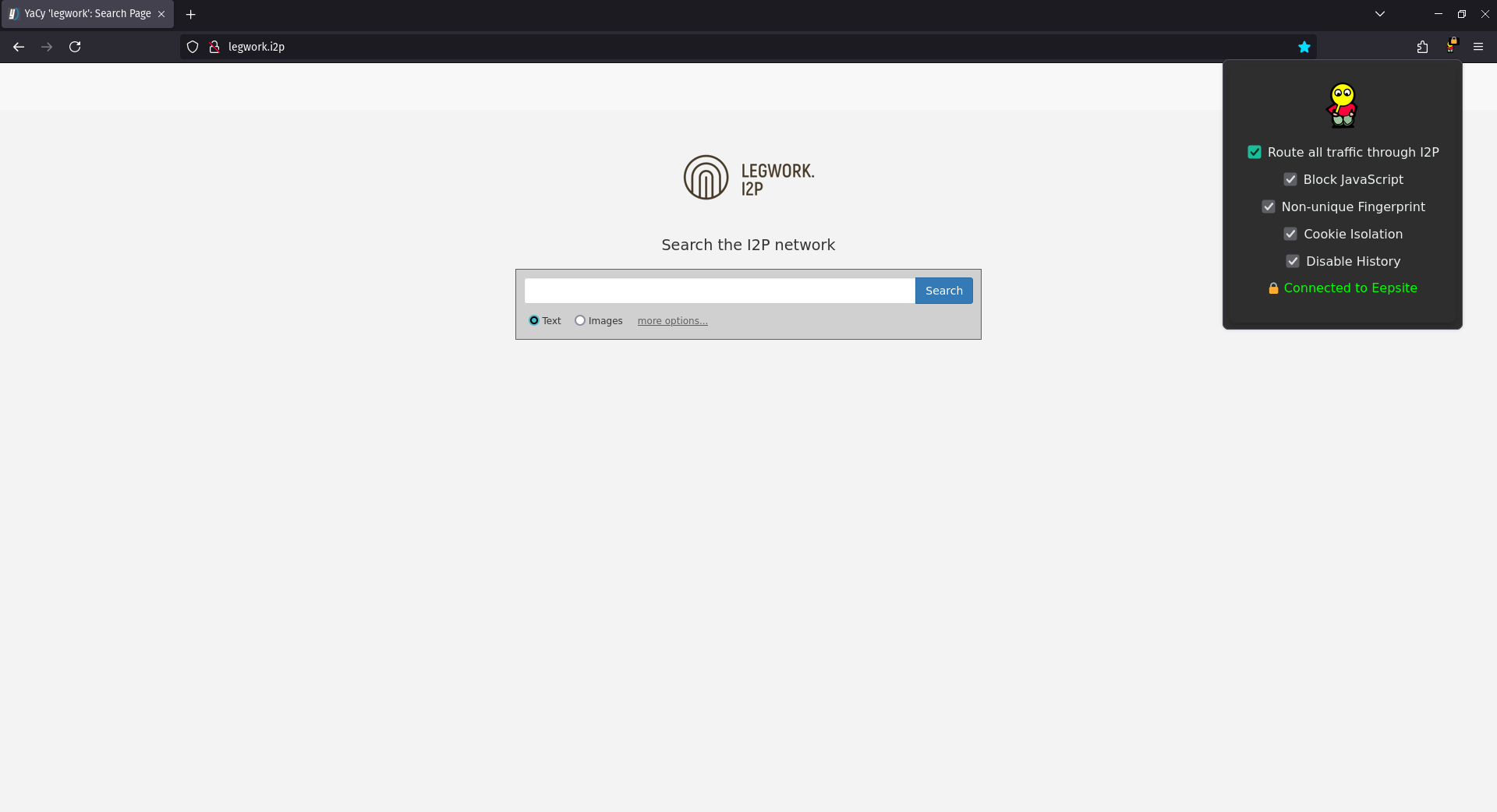this post was submitted on 12 Jul 2024
101 points (97.2% liked)
Privacy
31798 readers
247 users here now
A place to discuss privacy and freedom in the digital world.
Privacy has become a very important issue in modern society, with companies and governments constantly abusing their power, more and more people are waking up to the importance of digital privacy.
In this community everyone is welcome to post links and discuss topics related to privacy.
Some Rules
- Posting a link to a website containing tracking isn't great, if contents of the website are behind a paywall maybe copy them into the post
- Don't promote proprietary software
- Try to keep things on topic
- If you have a question, please try searching for previous discussions, maybe it has already been answered
- Reposts are fine, but should have at least a couple of weeks in between so that the post can reach a new audience
- Be nice :)
Related communities
Chat rooms
-
[Matrix/Element]Dead
much thanks to @gary_host_laptop for the logo design :)
founded 5 years ago
MODERATORS
you are viewing a single comment's thread
view the rest of the comments
view the rest of the comments

That is not true. On chrome, they could be fingerprinted using the way that extensions load remote assets (which I dont think is still possible). On Firefox, that has not been possible (maybe ever but at least for a while). The way that extensions are fingerprinted requires detecting the way they interact with the web pages DOM, which is not something many extensions do.
check out how creepjs implements detection for many common extensions...
The point to my original comment is fingerprint of extensions isn't straightforward or free, ie requires intentionally designing a fingerprinting technique tailored to identify its behaviour.
CreepJS can really only detect Chrome extensions and very few Firefox ones. On Firefox, it can detect NoScript but not uBlock for example. This isn't to say that uBlock can't be fingerprinted, just that it hasn't yet in CreepJS. Some extension don't touch the DOM at all or produce any fingerprintable behaviour to the web page, so there for can't be detected. Some don't produce weird behaviour until a user interacts with some element in the extension or webpage.
Yes you are right. I don't think there is a realistic way for most people to be anonymous or private online anymore given all these offensive and invasive techniques being used regularly now. Hell cloudflare fingerprints people with TLS alone, and that doesn't care about javascript or anything else above it.